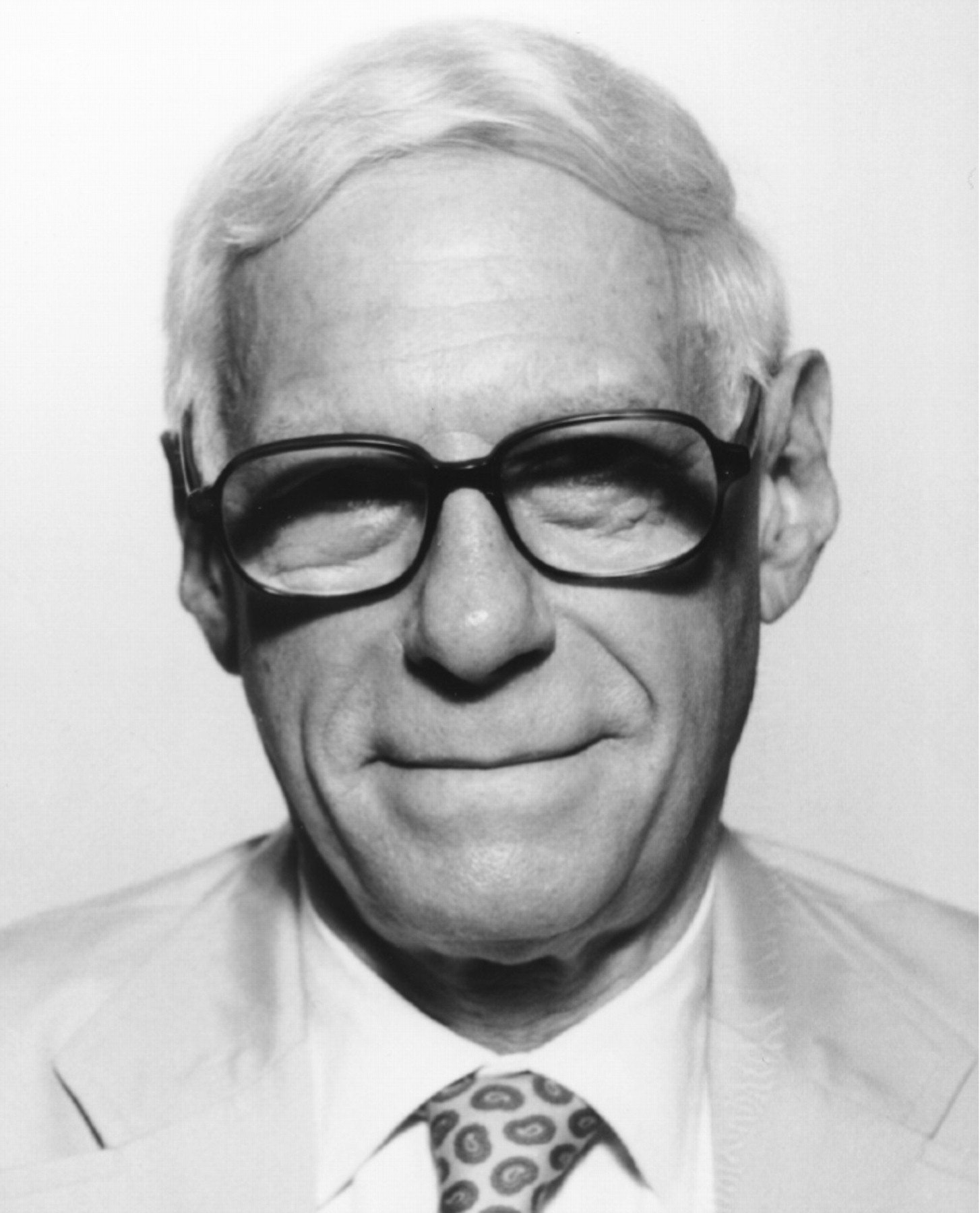CANDIDATE FOR SPEAKER-ELECT
Biographical Statement

I've been a psychiatrist most of my life, couldn't think of anything else I'd rather do.
I come from a medical tradition, three generations at Columbia College and Medical School, my internist uncle, myself, and my pediatric cardiologist daughter. After psychiatric and addiction training there was the Army, then the staff of NYC's Mt. Sinai Hospital and St. Luke's-Roosevelt's Smithers Alcoholism/Addiction Center. I developed a practice, showed myself I could be useful to my patients and take care of my family. Then my attention turned outside, to the organization of psychiatric patient care and professional education.
I became involved with those problems as an editor on the Area 2 Bulletin. I worked with the medical and psychiatric societies and the government as chair of the NYS Medical Society's Psychiatric Medicine Committee for 17 years, and on the county society's physician practice committee. I was a founding member of the state society's impaired-physicians program, serving on its executive and advisory committees since, doing outreach, treatment, and monitoring of our impaired colleagues and advocating for them with the state disciplinary agency. We meet regularly with them to resolve problems at the interface. I've received an award for my work from the society.
I chaired the NYS Psychiatric Association's Addiction Committee, working with the state government on addiction. I was an Assembly rep for five years, on the Board as Area trustee for six, back in the Assembly for five more. The DB gave me an award, and later I received the Area and Assembly Warren Williams Award. On the Board I fought for fiscal prudence and responsibility to the membership. I was the primary governance agent in turning around the dysfunctional, wasteful information service, another matter I'm proud of. I received a special presidential citation for my work on the Board.
Candidacy Statement
I appreciate being invited to run for speaker. Knowing how poorly my constitution is set up for campaigning, I've repeatedly declined, with thanks, invitations to run for treasurer, president twice, and speaker. But the need to develop a system of checks and balances between the Board and Assembly has arisen, and I feel deeply about it. It will make APA stronger and more efficient, democratic, inclusive, and representative, aiding member retention and recruitment.
Discussions of governance change seem dry but are sometimes necessary. I feel my five years in the Assembly, six on the Board as Area trustee, and another five back in the Assembly have given me the perspective needed to develop a more cohesive APA. We've not had a speaker who's been previously on the Board and knows both. The Board runs APA, is a smaller group with an institutional culture and individual aspirations, necessarily tends toward the hierarchical, is more removed from the membership, and strongly focused, as it should be, on its fiduciary responsibilities. The Assembly is larger, much closer to, and involved with the members and DBs, more egalitarian, open, free, better tolerating dissent and criticism. Both are needed.
APA, lacking power in the political marketplace, has reason and commitment but little voting strength in the nation's electorate and little money for legislators, lobbyists, and PR firms compared with the insurance and pharmaceutical industries. It cannot act collectively “in restraint of trade.”
But from presidential candidates, state governments, everywhere, we see movement toward universal health care. Knowing America's polarized philosophies, it will be a mixed system of competing single payer (Medicare), national health care (VA), public and private—with individuals, employers, and groups selectively purchasing that care. APA, a bargaining and expert advisory player at the table, must be unified, stronger, closer to the membership.
We need checks and balances and sharing of authority. For example, some years ago the Board went along with an administration's overspending APA's finances, quite depleting its reserves. It continued that path, but when the Assembly learned of that, it got the leadership to change it around, saving APA millions. The Assembly must continue to play that role, one like that envisioned three decades ago at the Key Biscayne conference where governance, Board included, voted for a unicameral APA, authority shared in the Assembly, more like the AMA.
Jerry Rogoff's initiative enabling an Assembly supermajority to override a Board rejection of an action paper was a first step. The Board sent this to a committee that set up another committee, then put the report in executive session. It was unearthed but lies suspended, inert.
I'm submitting an action item to have the speaker appoint a committee of activist leadership to revisit Rogoff's initiative and develop a step-by-step plan and strategy for implementing checks and balances vis-à-vis the Board. If you elect me, I'll do it. If you elect Ron, a good man, maybe this will support him in the same direction, toward a stronger, more efficient organization, inclusive of its membership.
That's what's important.



